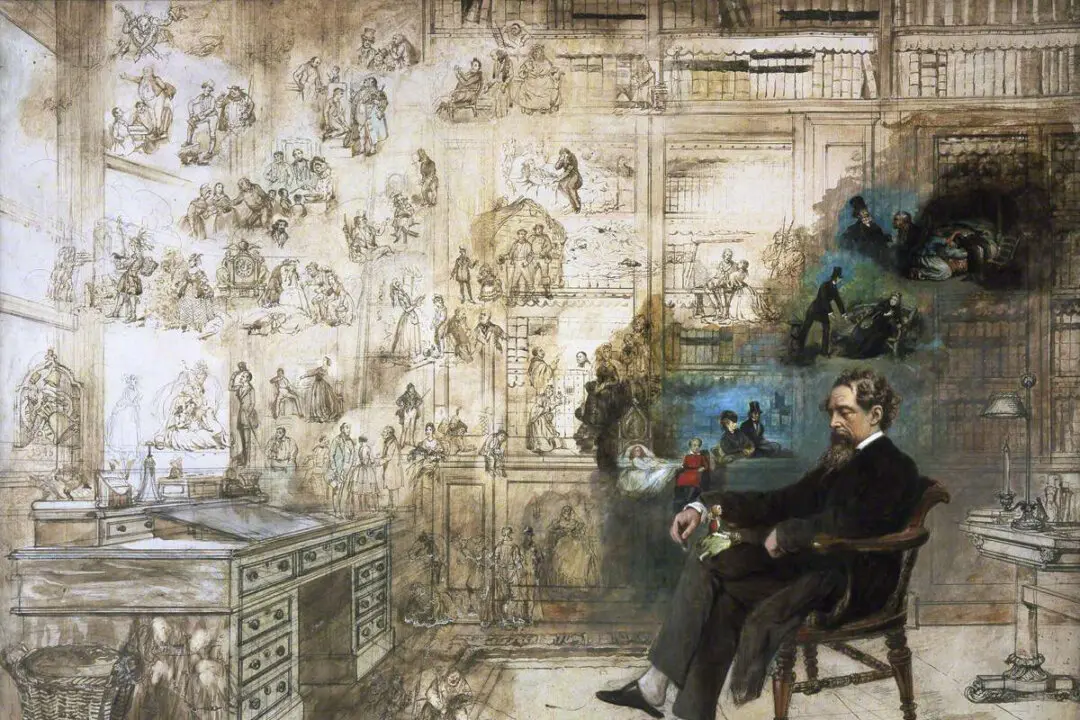In his poem “The Fool’s Prayer,” Edward R. Sill uses the king’s jester to show that we are all fools and our prayers are not what they should be. The jester is the wisest because he acknowledges his folly. Though we think we are wise, he proves that we are all fools. G.K. Chesterton agrees: “Some perversion of folly will float about nameless and pervade a whole society; then some lunatic gives it a name, and henceforth it is harmless”
Humorous Prayer
The poet illuminates mankind’s folly through a fool, so that we can overcome our folly. According to Robert Bell’s “Motley to the View,” “fooling enmeshes everyone, especially those foolish enough to believe they are free of folly.”In the poem, the King tells his jester after they have feasted to entertain the court with a humorous prayer. The jester kneels before the king. With a hidden sad smile, the fool pleads to the king: “O Lord, / Be merciful to me, a fool!” With a smile painted on his face, the king and court foolishly think that he will present a humorous prayer. And Bell says he does: “Clowns entangle their interlocutors in contradictions and expose their follies: those who think themselves wise are revealed to be fools.”






